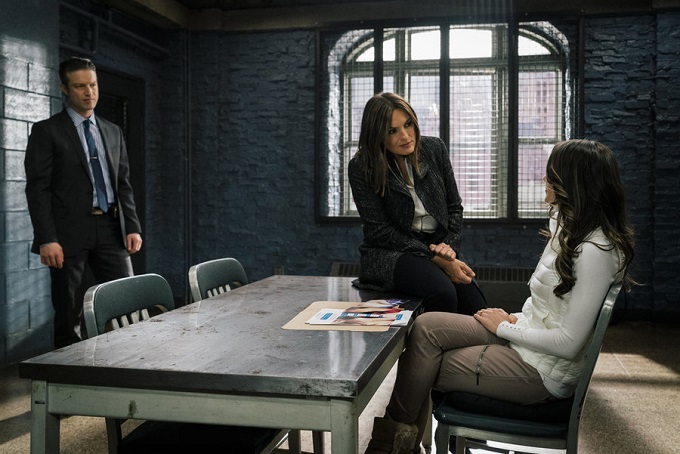Custodial investigation
According to People v. Marra,(G.R. No. 108494, September 20, 1994) custodial investigation
involves any questioning initiated by law enforcement authorities after a
person is taken into custody or otherwise deprived of his freedom of action in
any significant manner. The safeguards during custodial investigation begin to
operate as soon as the investigation ceases to be a general inquiry into a
still unsolved crime, and the interrogation is then focused on a particular
suspect who has been taken into custody and to whom the police would then
direct interrogatory questions that tend to elicit incriminating statements.
The situation contemplated is more precisely described as one where –

After a person is arrested and his custodial investigation begins a confrontation arises which at best may be termed unequal. The detainee is brought to an army camp or police headquarters and there questioned and cross-examined not only by one but as many investigators as may be necessary to break down his morale. He finds himself in a strange and unfamiliar surrounding, and every person he meets he considers hostile to him. The investigators are well-trained and seasoned in their work. They employ all the methods and means that experience and study has taught them to extract the truth, or what may pass for it, out of the detainee. Most detainees are unlettered and are not aware of their constitutional rights.
And even if they were, the intimidating and coercive presence of the officers of the law in such an atmosphere overwhelms them into silence x x x. (People v. Uy, Jr., G.R. No. 157399, November 17, 2005, 475 SCRA 248, 261-262, citing Morales, Jr. v. Enrile, No. L-61016, April 26, 1983, 121 SCRA 538, 560-561)

